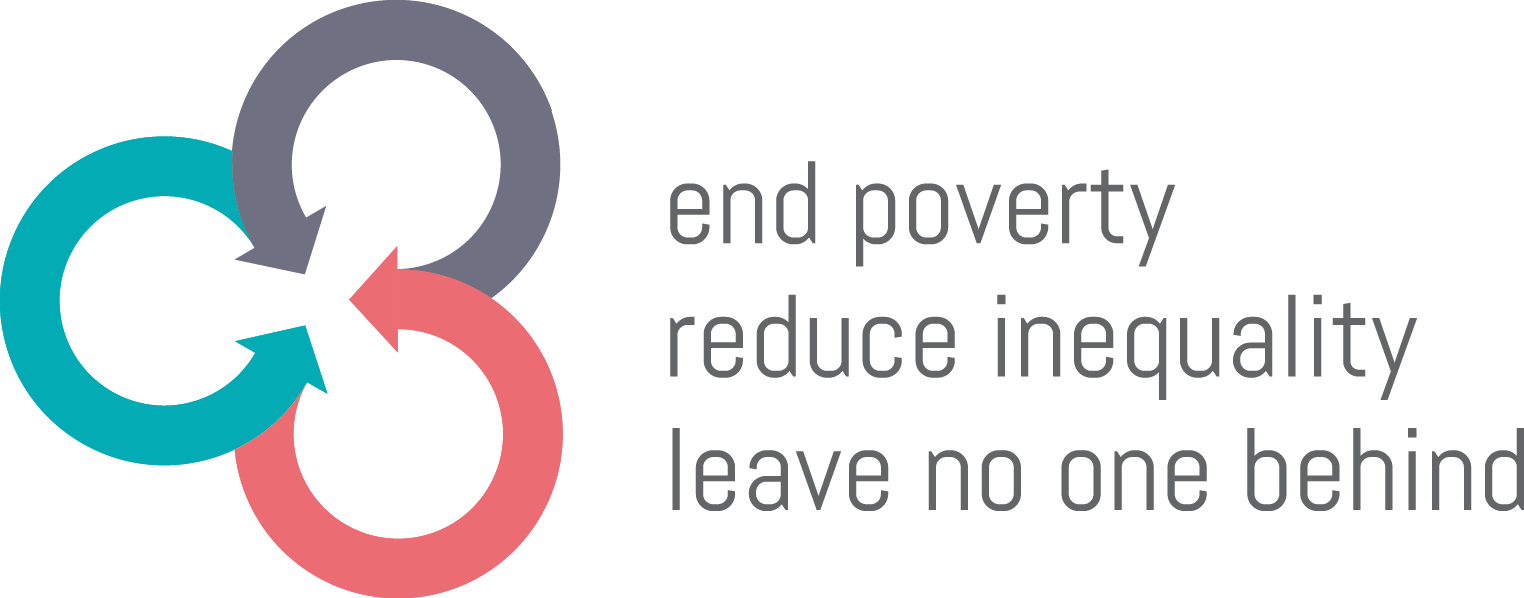Project Cycle Toolkit
Results: All Phases + All Focus Areas
Leave No One Behind – Guidelines for Project Planners and Practitioners
Goal:
This study fills important knowledge gaps on implementing the 'Leave-No-One-Behind' (LNOB) principle within international development cooperation.
Key features:
- LNOB background information and 11 case studies
- best LNOB practices and lessons learned, including innovative project-level approaches, tools and methodologies
- practical recommendations for development cooperation planners and practicioners
Particulary relevant for:
Project planners and practitioners aiming to operationalize and implement the LNOB principle in their working context
Goal:
This study fills important knowledge gaps on implementing the 'Leave-No-One-Behind' (LNOB) principle within international development cooperation, based among other things on the knowledge and experience of 11 selected inspiring projects operating in four world regions. A series of key recommendations synthesizes the main results of the project reviews and turns them into applicable guidlines.
Key features:
Kicking off with the integration of LNOB into the project cycle, the study continues to facilitate the identification of best LNOB practices and highlights the importance of capacity building to apply LNOB. Lessons learned for future LNOB implementation are drawn, including innovative project-level approaches, tools and methodologies. Important background information equips project planners and practitioners to engage in meaningful and fruitful dialogue with high-level development cooperation policymakers. The presentation of 11 projects that served as case studies culminates in practical recommendations for development cooperation planners and practicioners.
Particulary relevant for:
Project planners and practitioners aiming to operationalize and implement the LNOB principle in their working context
